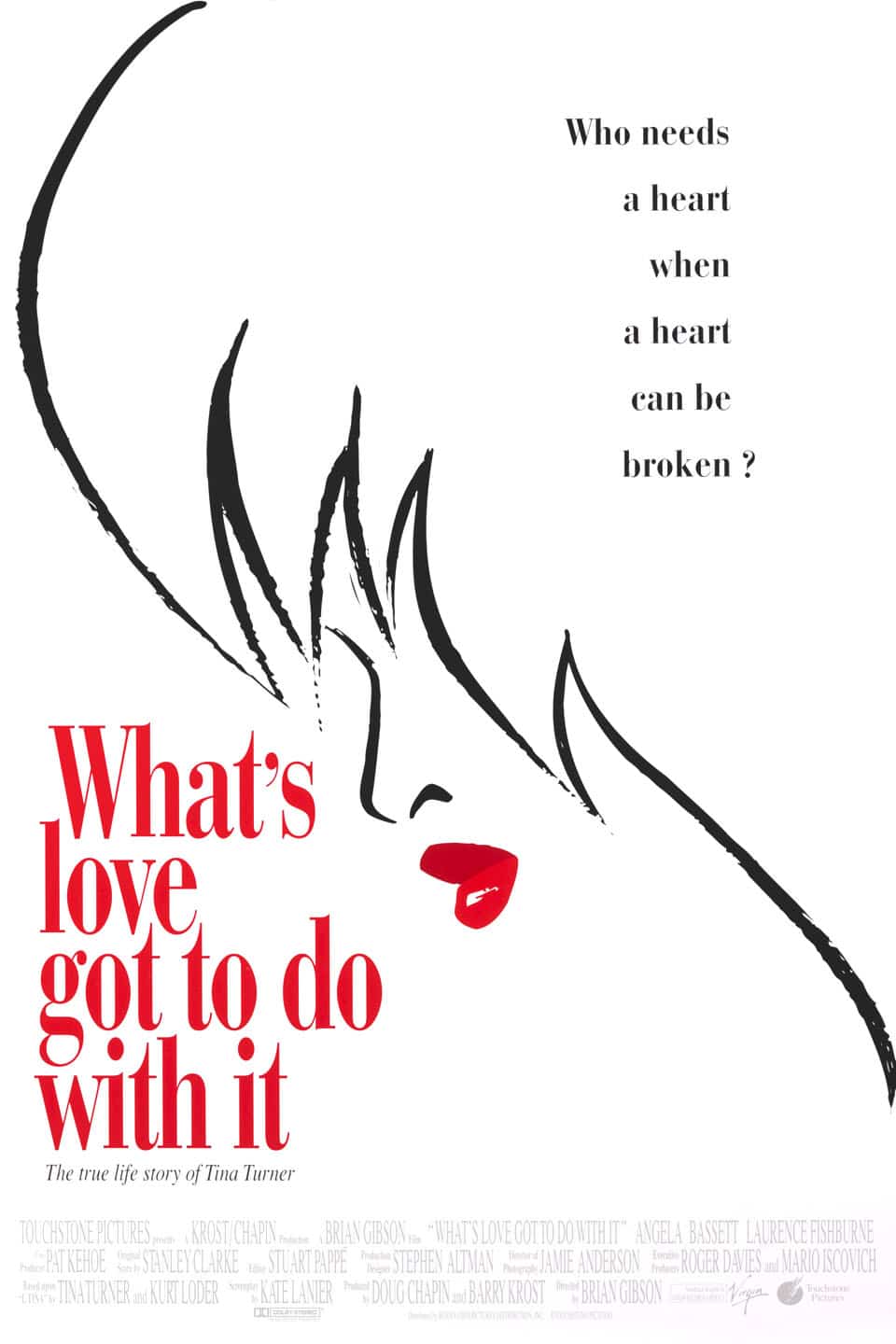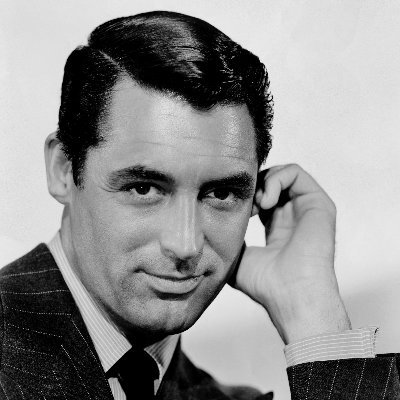
- Starring
- Angela Bassett, Laurence Fishburne
- Writers
- Tina Turner, Kurt Loder, Kate Lanier
- Director
- Brian Gibson
- Rating
- R (United States)
- Running Time
- 118 minutes
Overall Score
Rating Summary
What’s Love Got to Do with It? chronicles the life of Tina Turner (Bassett), from her childhood, to her relationship with Ike Turner (Fishburne) that quickly turns abusive on his part, to her escape from his wrath, and eventually ending with her finding success on her own terms as a solo artist.
The opening scene actually has an interesting choice it makes going for it; Anna Mae Bullock as a child, over singing in church and being led out by the conductor. It’s a genuinely funny moment that displays her ambition and the different way in which she interprets certain things, something that can be picked up on in her later career. The rest of the film is rather by-the-numbers, if undeniably well made across the board. Most of the directions the film takes weren’t particularly surprising, but it remained engaging throughout, succeeding as a passable examination into who some of the characters were even though one can’t help but want more.
The main selling point of What’s Love Got to Do with It? was obviously the well-immersed performances from Bassett and Fishburne. Bassett replicates Turner’s unique presence, firepower, and look, as well as streamline her on-screen journey from innocent country girl to fierce lioness to international superstar and make it as compelling as possible. It’s easy to see why this has become one of her most iconic roles and cemented her status as an icon among among Black actresses. The highlight of her performance is when she escapes a public area from Ike, runs across the street, and finds refuge in a hotel. The sheer panic, desperation and hopelessness in her bloodied face is unmistakable, and in the scene she is every bit raw as she is captivating.
Fishburne, meanwhile, finds the right demeanor, physicality, and bravado to portray Ike. Showing us at first what a smooth, charming and talented man he is, but also stripping back the confidence to reveal an insecure man who can’t deal with being left with children he had from another woman, feels threatened and emasculated by the increasing success and recognition his wife was receiving, and who turns to drugs because he doesn’t know what to do with his demons. His turn to abusing Tina actually feels real and while it was uncomfortable to watch for obvious reasons, it didn’t feel exploitative or tasteless. Fishburne is also good at showing Ike’s overall decline as the film progresses and works well with Bassett.
What lessens the impact of What’s Love Got to Do with It? though is the simple fact that we’ve seen so many similar films following this formula both before and after. For as much as we get a sense of how unhealthy Ike and Tina’s relationship was, we don’t get much more than a surface-level reading behind either of them, or the supporting characters for that matter. The most well-developed supporting character is easily the fictionalized Jackie (Vanessa Bell Calloway), a backup singer of Tina’s who ultimately leads her to embracing Buddhism, which itself helps spur Tina to escape her abusive relationship with Ike. It’s nothing overly complex, but that subplot is believable.
The film could’ve afforded to feel less insular to that end. A more creative screenplay might’ve given us some insight into the music industry that Turner and Ike have to work through, or gave us a less whitewashed view of segregated America during Anna Mae Bullock’s childhood. But the film doesn’t seem all that interested in expanding its own viewpoint. And the choice to end the film with live footage of the real Tina Turner was certainly a peculiar one.
In the end, What’s Love Got to Do with It? is ultimately a decent biopic but while their performances and to an extent Brian Gibson’s direction do make the movie worthwhile, one can’t help but wish the film was a bit more than just that.
still courtesy of Buena Vista Pictures
Follow me on Twitter, Instagram, and Letterboxd.
If you liked this, please read our other reviews here and don’t forget to follow us on Twitter or Instagram or like us on Facebook.
Discover more from
Subscribe to get the latest posts sent to your email.

